With St Lucia fast approaching, we're telling you about nine places that are associated in different ways with the celebration of St Lucia. Join us on a journey from Sweden to the Caribbean!
Table of contents
Places associated with Lucia
What places are associated with St Lucia? In fact, Sweden is one of the most important destinations, if not the most important, but there are also other places worth mentioning.
1. Scandinavia
Scandinavia has a strong connection with St Lucia. Even in pre-Christian times, the changing of the seasons was celebrated here, and the winter solstice used to be marked on 13 December. Perhaps the light-bringing figure has its origins in a pagan goddess of light who was invoked to bring light into the darkness? Scandinavia's nature can offer just the right Lucia feeling!
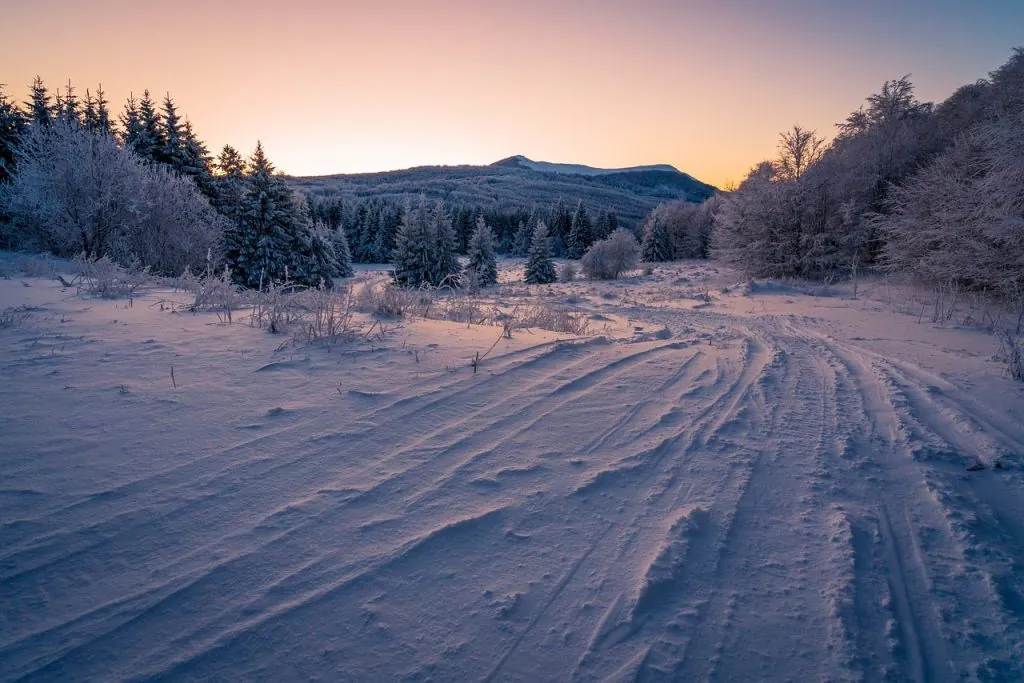
2. Sweden
The Lucia celebration is by far the strongest and most traditional in Sweden, although it is also celebrated to some extent elsewhere, for example in our neighbouring countries. The Lucia celebrations we know today began to develop around the turn of the last century, and the celebrations took off when Stockholms Dagblad organised a competition in 1928.
If you want to experience a traditional Lucia celebration, then Sweden is definitely the place to go! Here you can see Lucia trains, listen to Lucia concerts and indulge in lussekatter and gingerbread.
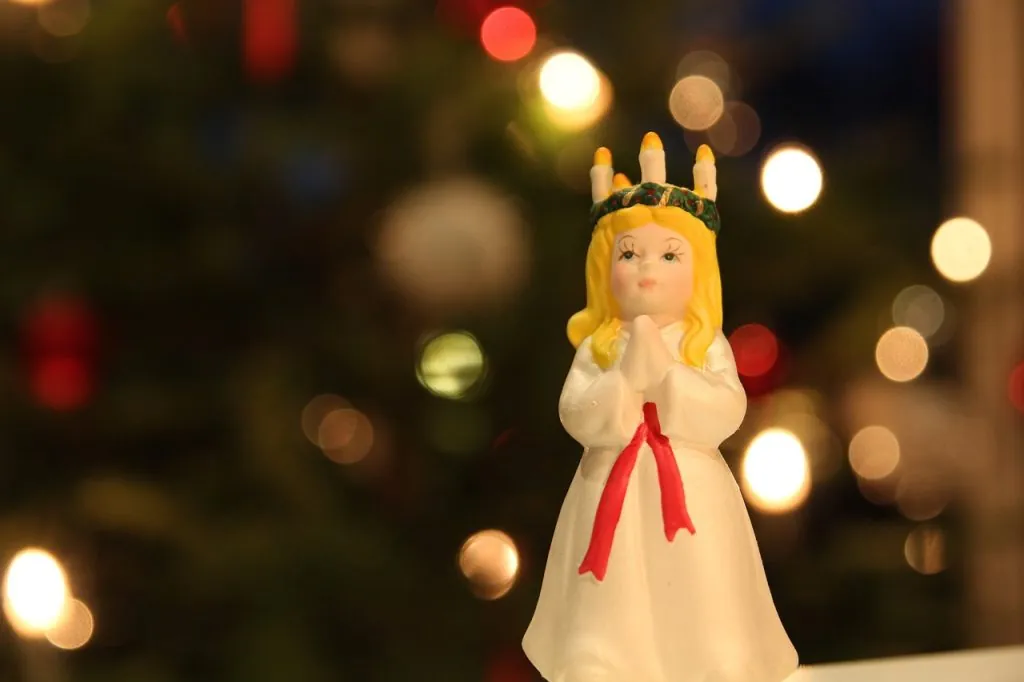
3. Västergötland
When you read up on Lucia, it turns out that our Lucia celebrations originated in western Sweden. According to the Nordic Museum, the oldest known white-clad Lucia dates from 1764, from a nobleman's home in Västergötland. If you find yourself in this part of Sweden, you can feel like you are in a historical centre of tradition!
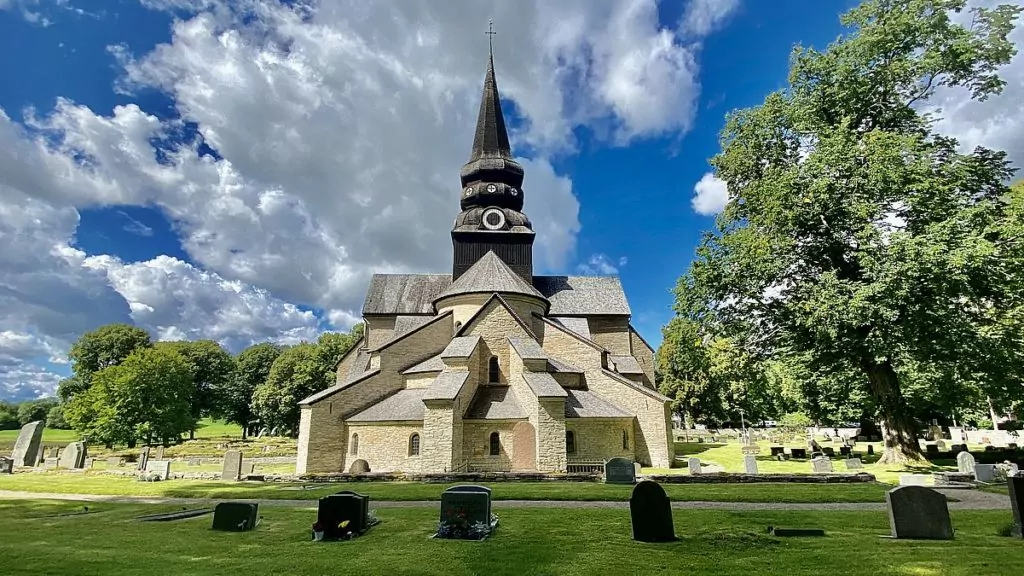
4. Skansen, Stockholm
Open air museum Skansen has been instrumental in spreading and shaping the modern Swedish Lucia celebrations. In 1892, Skansen began organising Lucia celebrations, with the aim of showcasing local Swedish festive customs. At that time, the phenomenon was still quite unknown to ordinary Stockholmers, but that changed over time. Today, the traditions are still kept alive and you can read more about Lucia at Skansen here.
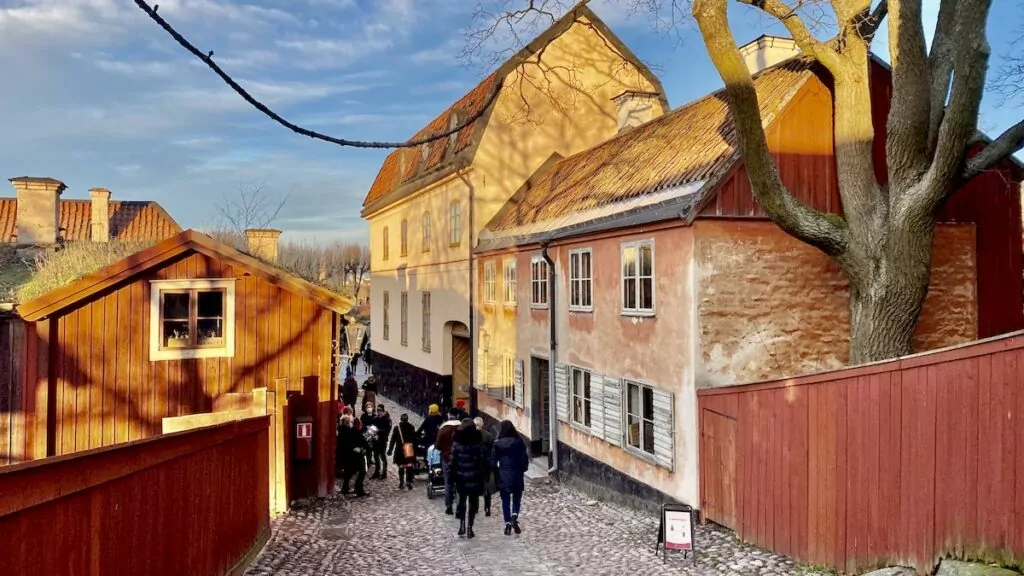
5. Syracuse
St Lucia is a Catholic saint who was executed in the early 300s, because of her faith. Lucia, who was a devout Catholic, lived in Syracuse in Sicily in the late second century. The Christian faith was a criminal offence during Roman times, so Lucia was executed and martyred to become a saint.
Syracuse is also an interesting destination with a long history. Founded in 734 BC, the city is now a UNESCO World Heritage Site. And yes, on 13 December you can probably expect the saint Lucia to be celebrated, for example in the form of a procession.
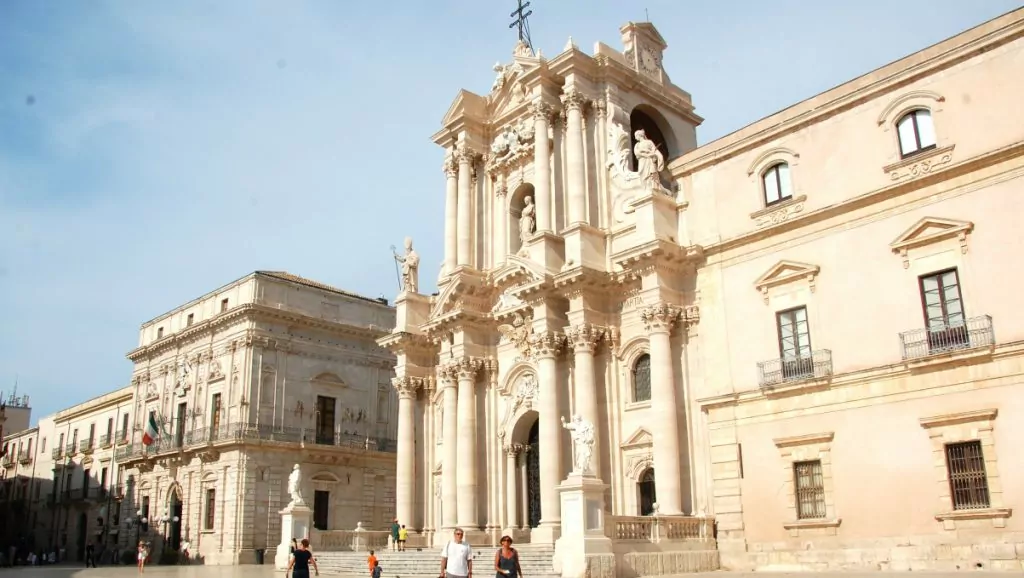
6. Germany
The origins of St Lucia are varied, with some traditions originating in Germany. The tradition of dressing in white and carrying candles, which originated in Västergötland in the 19th century, is thought to have been partly borrowed from Germany, where girls were dressed up as Christkindlein (baby Jesus).
Another tradition that probably originated in Germany (and the Netherlands) is the sweet bread called 'duivekater'. These were later associated with the Lucia celebrations and were named lice cats. Today, Germany's Christmas markets are perhaps one of the best ways to get into the festive spirit.
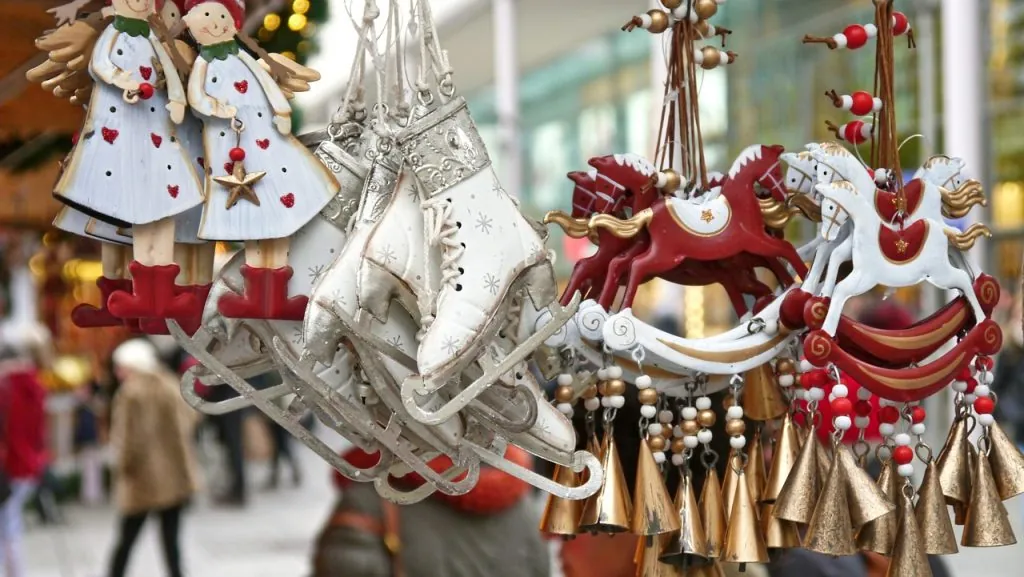
7. Jerusalem
Now we need to mix some Jerusalem into the picture too! Staffan StalledrängThe deacon and martyr St Stephen (Stefanos), who died in Jerusalem around 35 AD, was actually the subject of the songs. He may not even have been a stable boy, but when the legends were brought to the North, the connection with horses was strengthened, as these animals had great importance in the Nordic tradition.
Israel is currently not a suitable destination due to the security situation, but we visited Israel in 2018 and walking around in Jerusalem gave us goose bumps. How many stories there are from this place, which touches so many people!
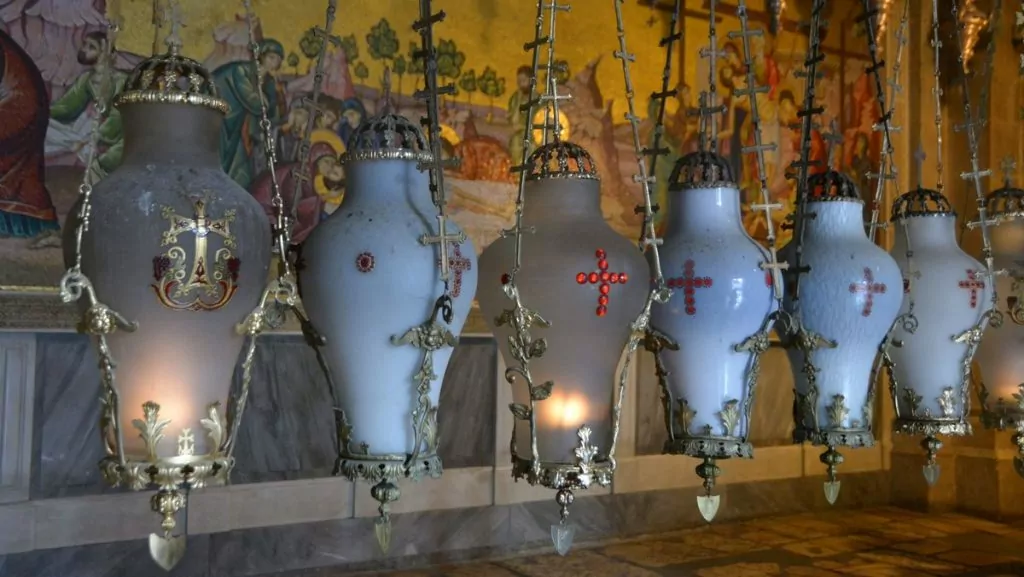
8. Iran
Iran may not have much to do with Lucia, but there is a stronger connection to the spice saffron. The country is the largest producer of saffron in the world.
In fact, for a long time, lussekats were baked without saffron, but at the end of the 19th century this exclusive spice was added. Unfortunately, Iran is also not a destination that is suitable to visit at the moment, and we say unfortunately. We believe that there is an amazing amount of exciting and valuable culture in Iran.
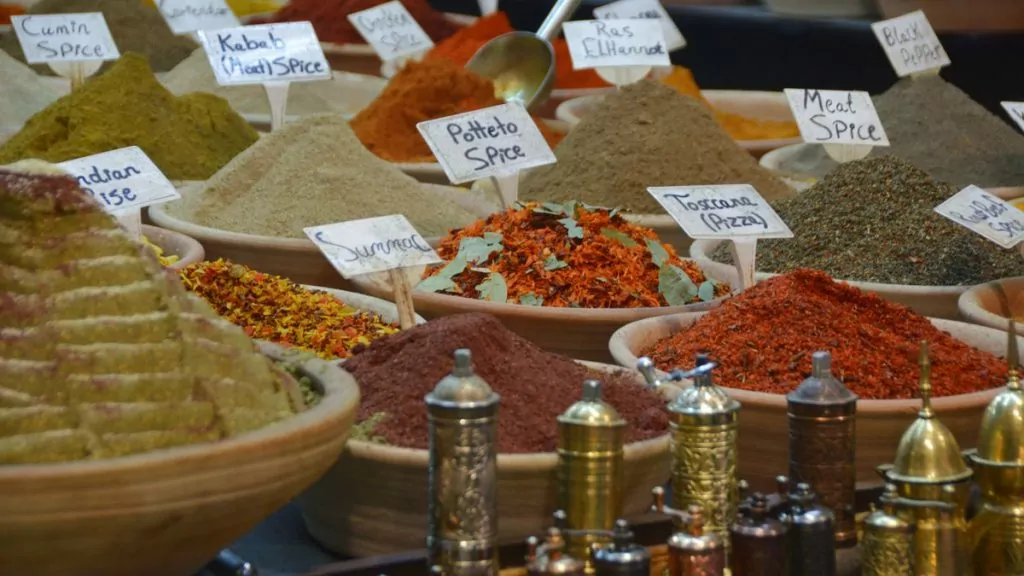
9. Saint Lucia
Saint Lucia is a country in the Caribbean that mainly comprises an island of the same name, located between Martinique and Saint Vincent. Originally inhabited by Indians, who called the island 'Hewanorra' (where there are iguanas), when Europeans arrived in the 16th century they named it Saint Lucia, after the well-known saint of Syracuse.
The island's strongest link to Lucia is its name, and according to some sources, the saint is also honoured on 13 December. In addition, the island offers beautiful beaches, lush greenery and a Caribbean atmosphere with food and dancing.
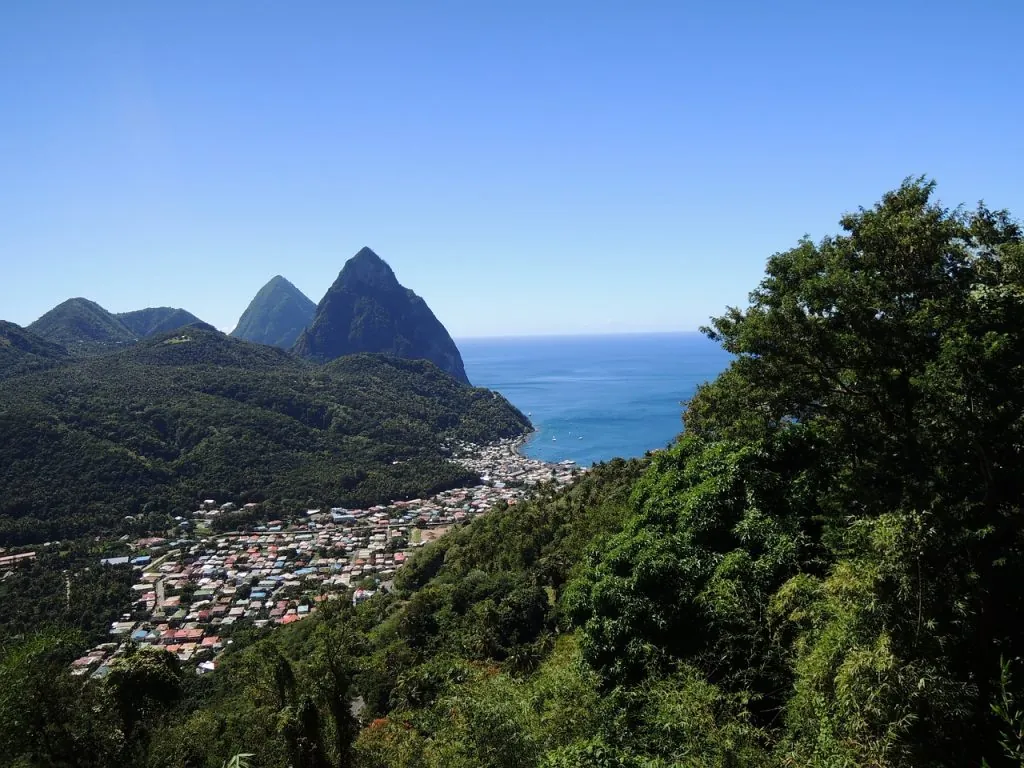
More places associated with Lucia?
Can you think of more places associated with Lucia? Are you planning to celebrate Lucia in any way this year?


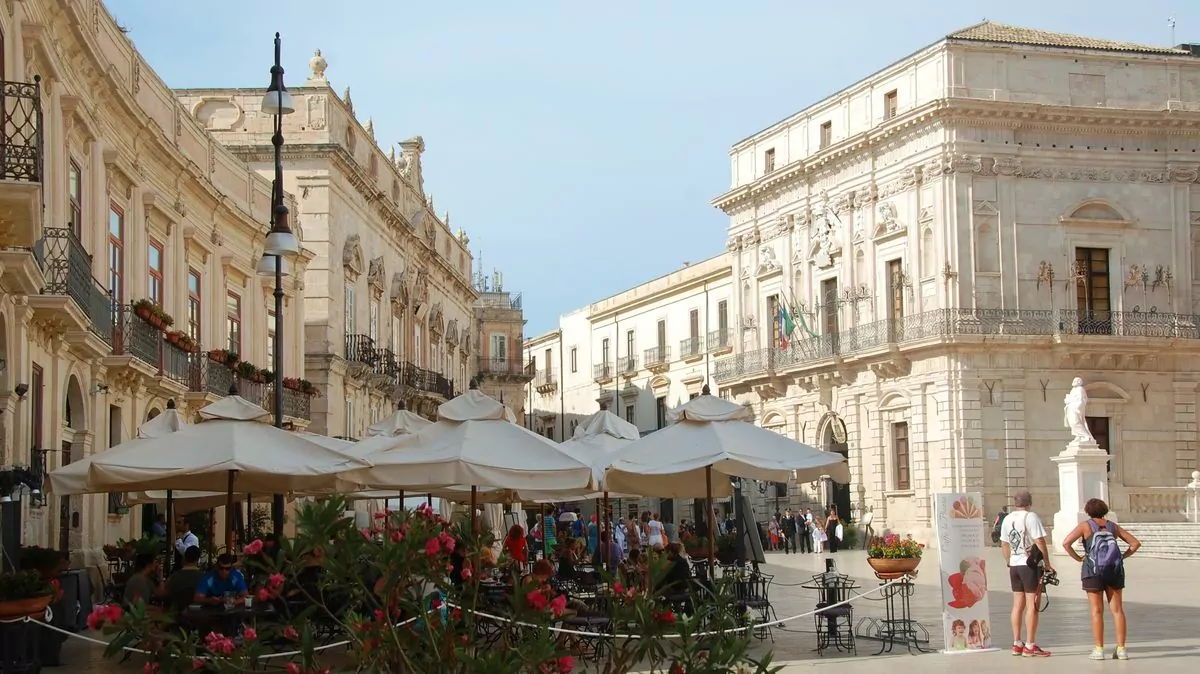







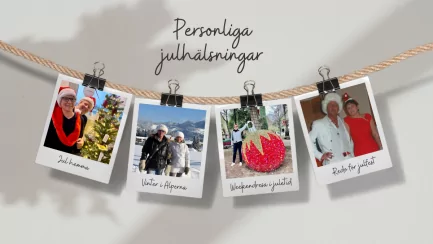
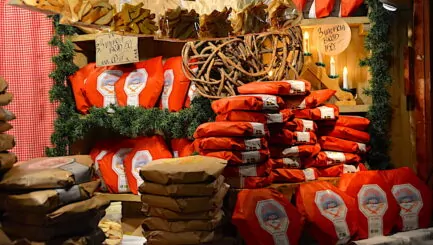
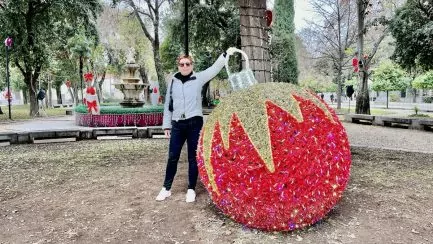
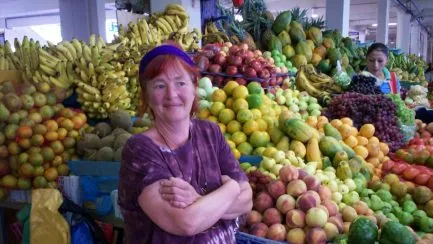



Anna Nilsson Spets says:
Interesting. in Belgium they have no idea about Lucia. In Sweden, I would so very much like to see Lussi's bride which seems to be fantastic to be part of. I watch SVT's Lucia every year and get teary-eyed with nostalgia.
12 December 2024 - 6:14
Helena says:
St Lucia is a special holiday indeed! I'm fascinated by how this tradition came to be, different threads that led to a nice and special tradition. I didn't know much about Lussibrud, but googled it now, so thanks for that! 🙂
12 December 2024 - 8:35
Anna Nilsson Spets says:
Yes, but just to SEE the clothes... And the beautiful traditional music...
12 December 2024 - 16:52
Helena says:
Yes very nice clothes really! 🙂
13 December 2024 - 8:41
Netti Starby says:
So interesting and there was a lot I did not know. Hugs <3
12 December 2024 - 8:16
Helena says:
Glad it was appreciated! Wishing you a great day!
12 December 2024 - 8:35
Hanna's crib says:
Very interesting reading. Learnt a lot of new things. Have a hard time seeing lussekatter without saffron. Saffron is the thing.
12 December 2024 - 20:20
Helena says:
Today I also find it hard to imagine lussekatter without saffron, but when I grew up my mum always made two batches - one with saffron and one without. The one with saffron was for the finer occasions 😉
13 December 2024 - 8:42